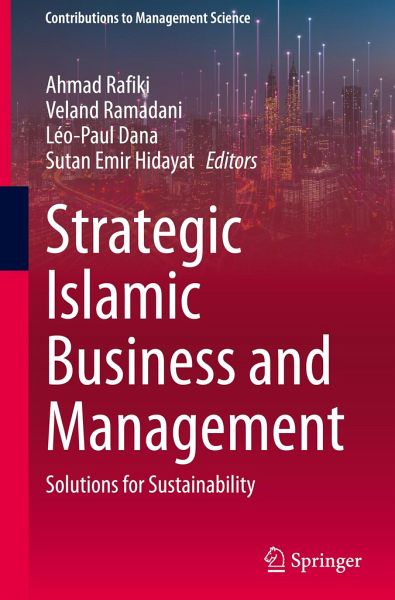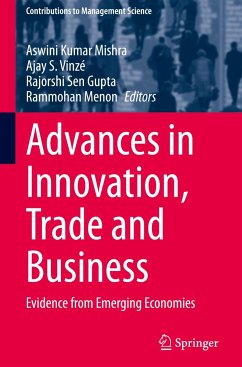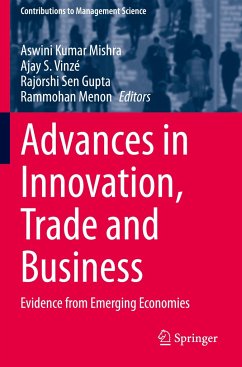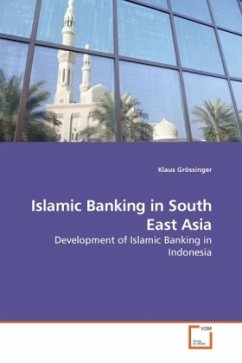
Strategic Islamic Business and Management
Solutions for Sustainability
Herausgegeben: Rafiki, Ahmad; Ramadani, Veland; Dana, Léo-Paul; Hidayat, Sutan Emir

PAYBACK Punkte
49 °P sammeln!
In the contemporary global market, this book underscores the significance of Islamic institutions and companies to employ effective business and management strategies for sustained success. It provides a thorough examination of diverse facets of Islamic business and finance, including organizational aspects, strategic planning, marketing, entrepreneurship, and innovation. Rooted in the principles of Islamic religious law, the text presents a range of concepts, models, and frameworks to enhance the performance of Islamic organizations.From historical insights to contemporary adaptations, the bo...
In the contemporary global market, this book underscores the significance of Islamic institutions and companies to employ effective business and management strategies for sustained success. It provides a thorough examination of diverse facets of Islamic business and finance, including organizational aspects, strategic planning, marketing, entrepreneurship, and innovation. Rooted in the principles of Islamic religious law, the text presents a range of concepts, models, and frameworks to enhance the performance of Islamic organizations.
From historical insights to contemporary adaptations, the book highlights the crucial role of a just system in ensuring sustainability within the banking sector and broader business context. The emphasis on ethical practices, stakeholder considerations, and technology integration advocates for strategic approaches that enhance competitiveness while adhering to values of sustainability. With a specific focus on topics such as digital marketing, the book navigates the utilization of technology for optimized customer reach and campaign performance. A pertinent resource for entrepreneurs, practitioners, policymakers, academicians, and students interested in formulating effective strategies in Islamic business, management, and digital marketing to promote sustainability and ethical practices.
From historical insights to contemporary adaptations, the book highlights the crucial role of a just system in ensuring sustainability within the banking sector and broader business context. The emphasis on ethical practices, stakeholder considerations, and technology integration advocates for strategic approaches that enhance competitiveness while adhering to values of sustainability. With a specific focus on topics such as digital marketing, the book navigates the utilization of technology for optimized customer reach and campaign performance. A pertinent resource for entrepreneurs, practitioners, policymakers, academicians, and students interested in formulating effective strategies in Islamic business, management, and digital marketing to promote sustainability and ethical practices.














